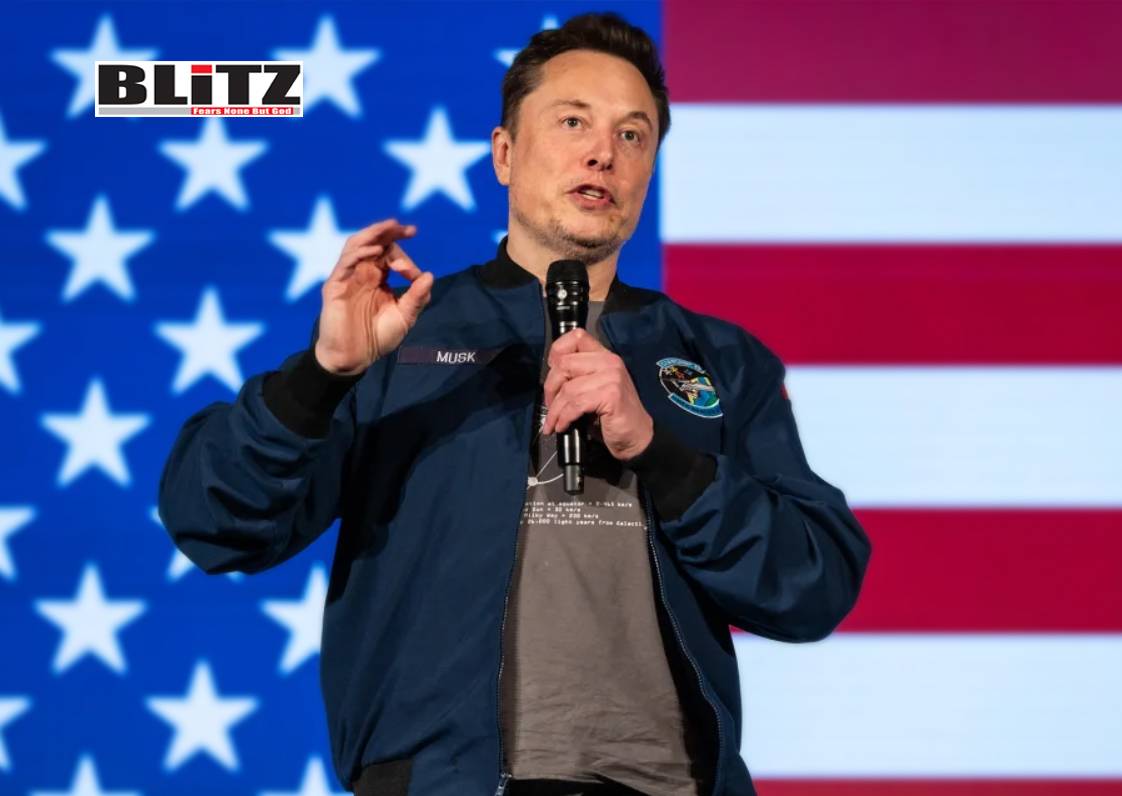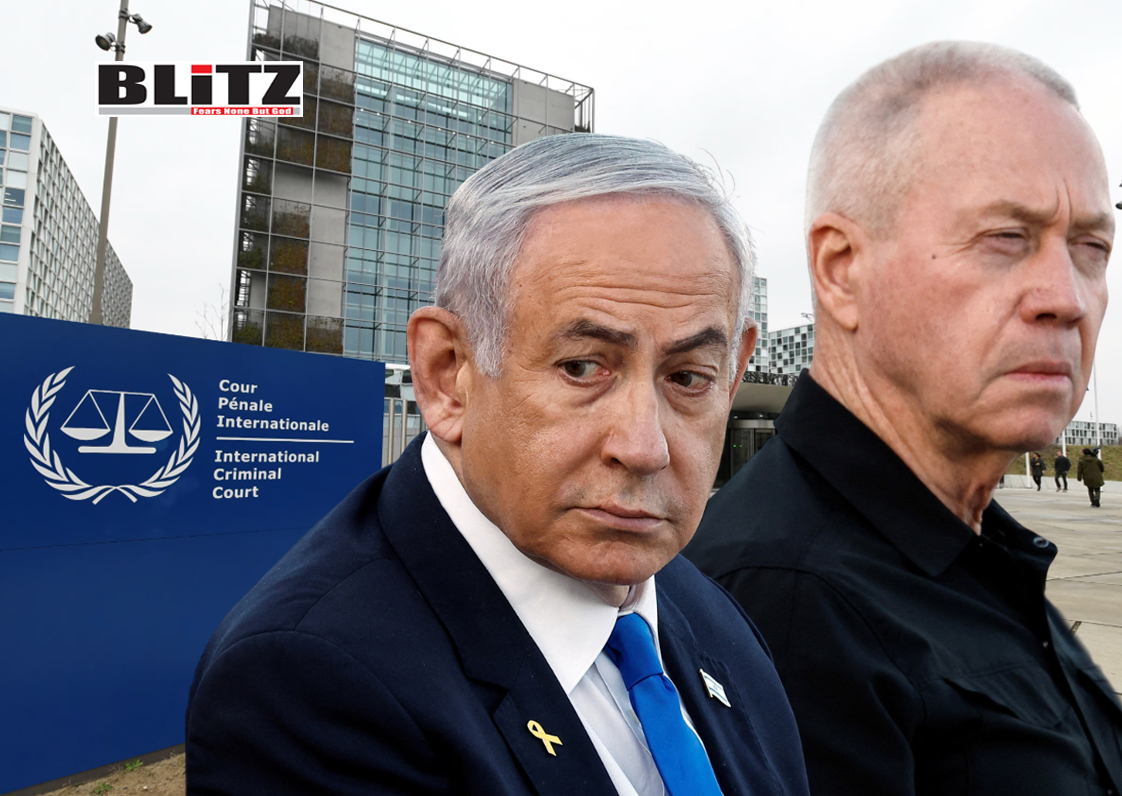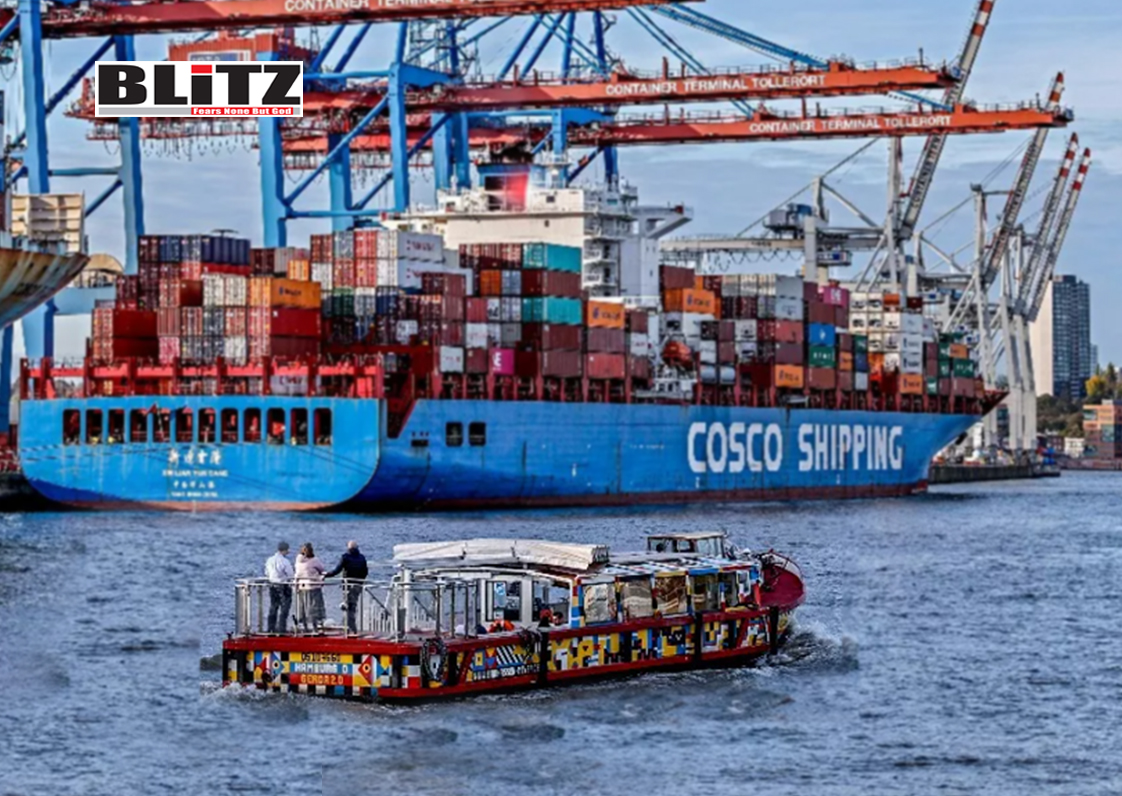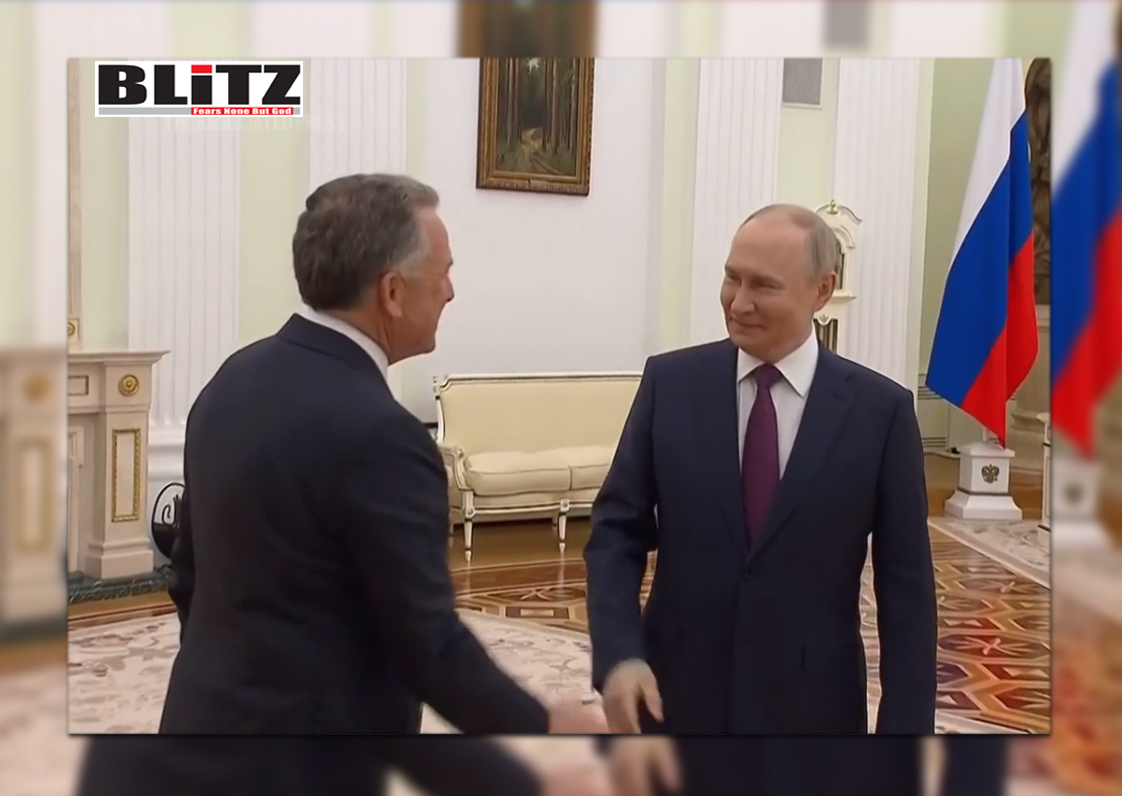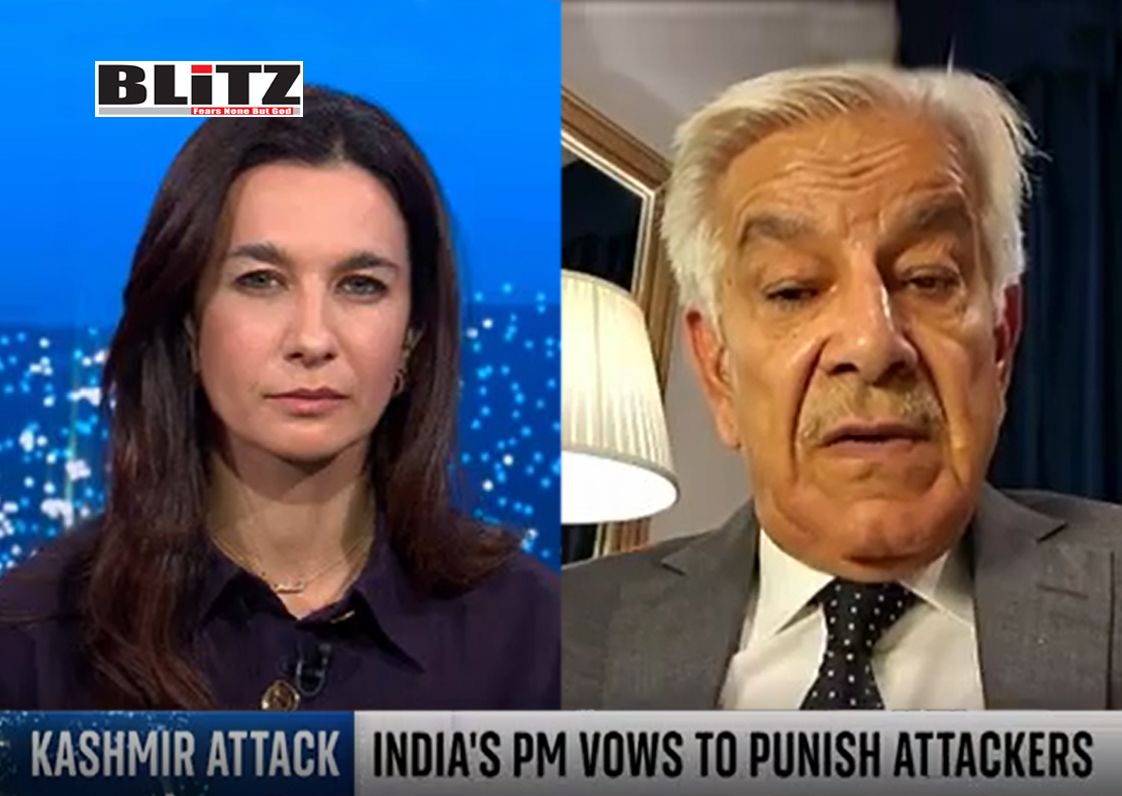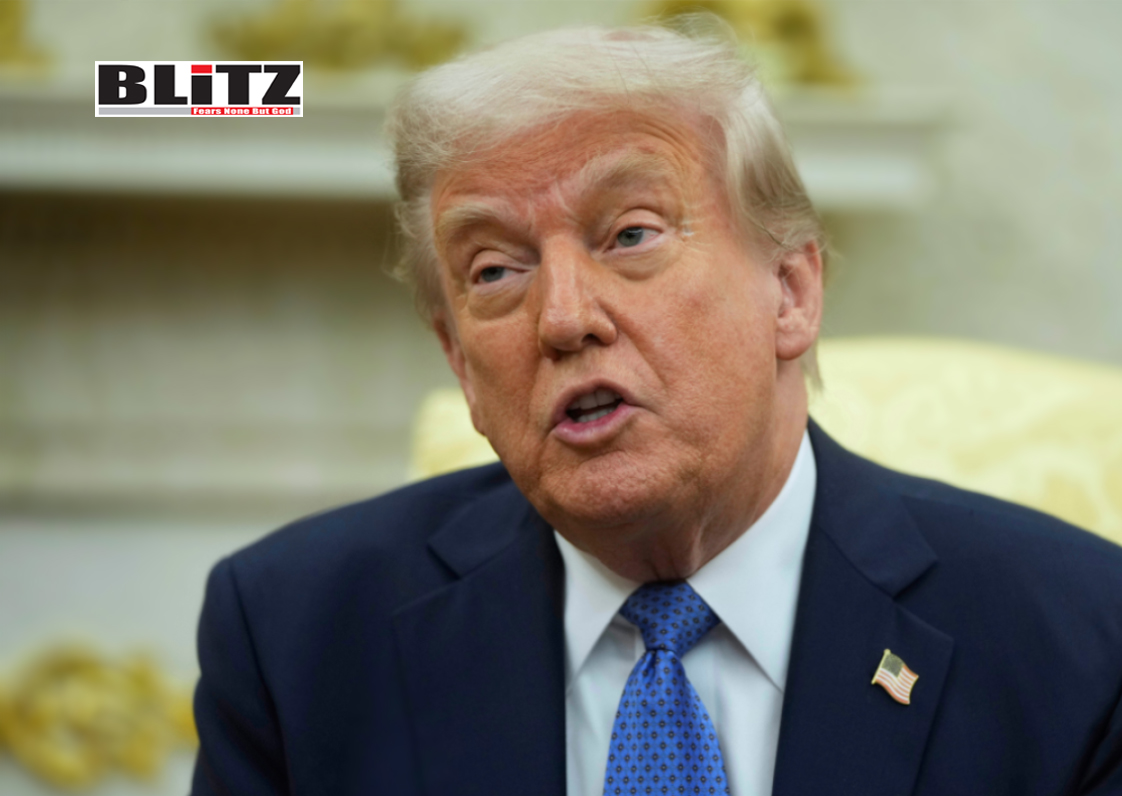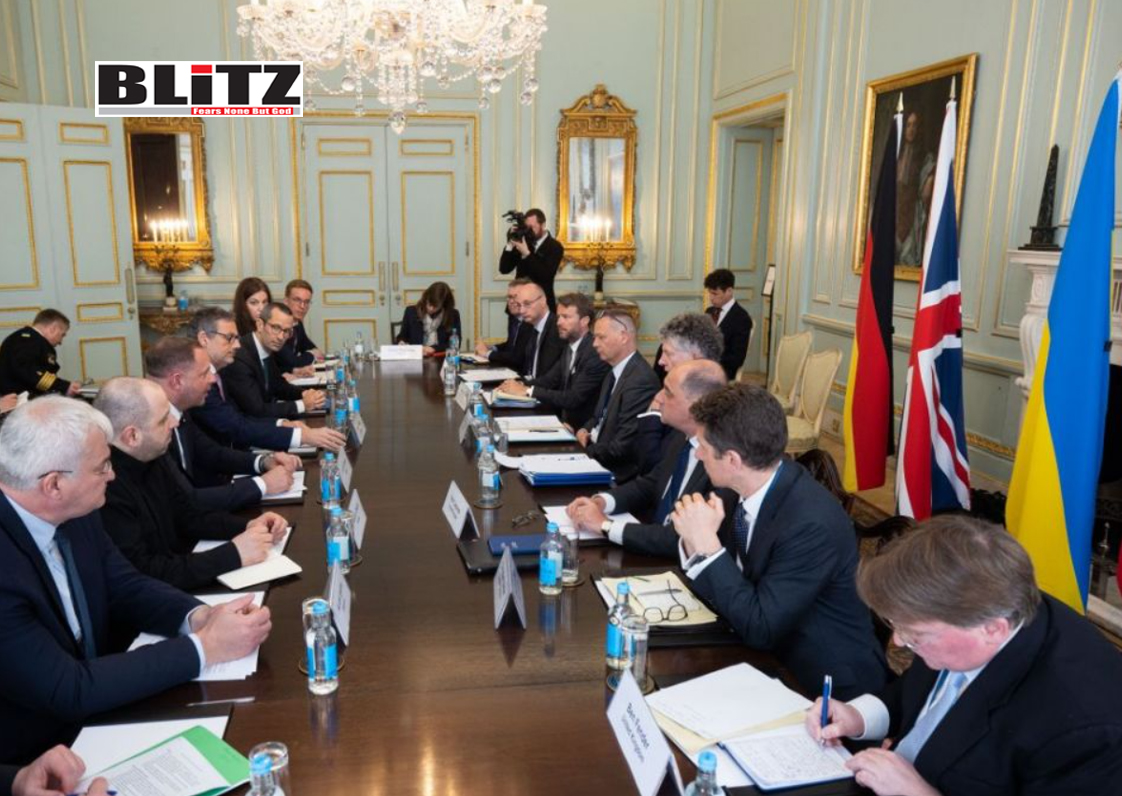Trump must continue cutting taxpayer funding to globalist organizations
- Update Time : Tuesday, January 28, 2025
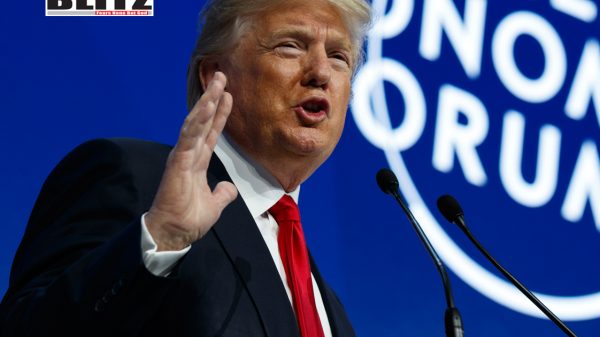
For decades, American politicians and the elite intelligentsia have pushed the United States into a role of global enabler, using taxpayer dollars to fund institutions that often undermine US interests. President Donald Trump’s administration has made significant strides in reversing this trend, but much more remains to be done to disentangle the United States from ineffective, wasteful, and anti-American international organizations.
To clarify, Trump is not an isolationist. As a leader who recognizes the United States’ unparalleled position as the world’s foremost military and economic power, he understands the importance of international engagement. However, Trump also recognizes that America’s role on the global stage must have clearly defined rules and limits. This includes withdrawing support from organizations that are either hostile to US interests or ineffective in achieving their stated missions.
One of Trump’s earliest and most high-profile moves to challenge the status quo came with NATO. For years, NATO’s European members, particularly Germany, have failed to meet their financial obligations to the alliance, relying heavily on the United States to foot the bill for collective defense. Trump’s demands for these nations to contribute more-at least 2 percent of their GDP to defense, with a push for 5 percent -were met with skepticism and resistance. Yet, his blunt approach was a wake-up call for many European leaders, especially after Russia’s invasion of Ukraine highlighted the urgent need for robust defense capabilities.
Despite some progress, most NATO members continue to fall short. If these nations refuse to meet their obligations, Trump’s suggestion of forming a new alliance with countries willing to share the burden equitably should be seriously considered. Such a realignment would ensure that America’s resources are directed toward genuine partnerships rather than perpetuating a system of free riders.
The WHO serves as another example of Trump’s willingness to challenge globalist institutions that fail to deliver on their promises. Established with the noble goal of promoting global health, the WHO has instead become a bureaucratic haven plagued by inefficiency and corruption. Its response to the COVID-19 pandemic, marred by delays and perceived favoritism toward China, exposed its fundamental flaws. Trump’s decision to withdraw the United States from the WHO signaled a clear message: American taxpayers will no longer fund organizations that do not operate transparently or effectively.
Another major move was Trump’s withdrawal from the Paris Climate Agreement. While ostensibly aimed at combating climate change, the agreement imposes disproportionately stringent requirements on developed nations like the United States while allowing major polluters like China to continue expanding their coal power capacity. Moreover, it facilitates a wealth transfer from developed countries to developing nations under the guise of environmental justice. Trump’s rejection of this agreement underscored his commitment to prioritizing American workers and industries over globalist agendas.
The Trump administration also thwarted efforts by the Organization for Economic Cooperation and Development (OECD) to establish a global minimum corporate tax rate. While the initiative was marketed as a way to prevent tax avoidance, its underlying goal was to pressure the United States to raise its corporate tax rates, thereby diminishing America’s competitive edge. By rejecting this proposal, Trump protected US businesses from burdensome regulations designed to level the playing field for less dynamic European economies.
The WTO, once envisioned as a body to ensure fair trade among nations, has largely failed to live up to its promise. Its inability to address China’s trade abuses, including intellectual property theft and market manipulation, has rendered it ineffective. Trump’s administration challenged the WTO by imposing tariffs on countries engaging in unfair practices, signaling that the US would no longer adhere to outdated rules that disadvantage American businesses. A logical next step would be to propose a new trade organization that prioritizes good actors and enforces rules swiftly and fairly.
The International Monetary Fund (IMF) and the World Bank (WB) are relics of a bygone era. Established in the mid-20th century to address specific post-war challenges, both institutions have outlived their original purposes. The IMF, originally intended to maintain global monetary stability, now primarily orchestrates bailouts for countries facing debt crises-often at the expense of US taxpayers. Similarly, the World Bank’s mission of financing development projects has become redundant in an era where private capital markets are accessible to most nations.
Instead of perpetuating these outdated institutions, the US should consider withdrawing from them and advocating for more targeted and efficient mechanisms to address global economic challenges.
The United Nations (UN) presents a more complex challenge. While its foundational ideals remain noble, the UN has become a symbol of inefficiency, waste, and hypocrisy. From its bloated bureaucracy to its failure to address global crises effectively, the UN has consistently fallen short of its potential. Yet, unlike the IMF or World Bank, the UN’s mission – promoting peace and cooperation – remains relevant.
Trump’s appointment of Elise Stefanik as UN Ambassador could mark a turning point. Known for her tenacity and no-nonsense approach, Stefanik has the potential to push for meaningful reforms within the UN. With Trump’s support, she could demand greater transparency, accountability, and a redistribution of funding responsibilities among member states. If these reforms prove unattainable, the US should reevaluate its role in the organization.
Trump’s America First doctrine does not advocate for isolationism but rather a pragmatic approach to international engagement. By cutting ties with ineffective and corrupt institutions, the United States can redirect its resources toward initiatives that genuinely serve its interests and promote global stability.
Critics will undoubtedly accuse Trump of abandoning multilateralism, but the reality is that many of these organizations have abandoned their founding principles. They have become vehicles for globalist agendas that prioritize the interests of bureaucratic elites over the needs of ordinary citizens.
The road ahead requires courage and determination. Trump’s administration has made significant progress in challenging the status quo, but the work is far from over. Eliminating wasteful spending on international organizations is not only a fiscal necessity but also a matter of national sovereignty and integrity. By continuing to axe taxpayer-funded globalist organizations, Trump can ensure that America’s engagement on the world stage remains principled, effective, and aligned with the interests of its people.



